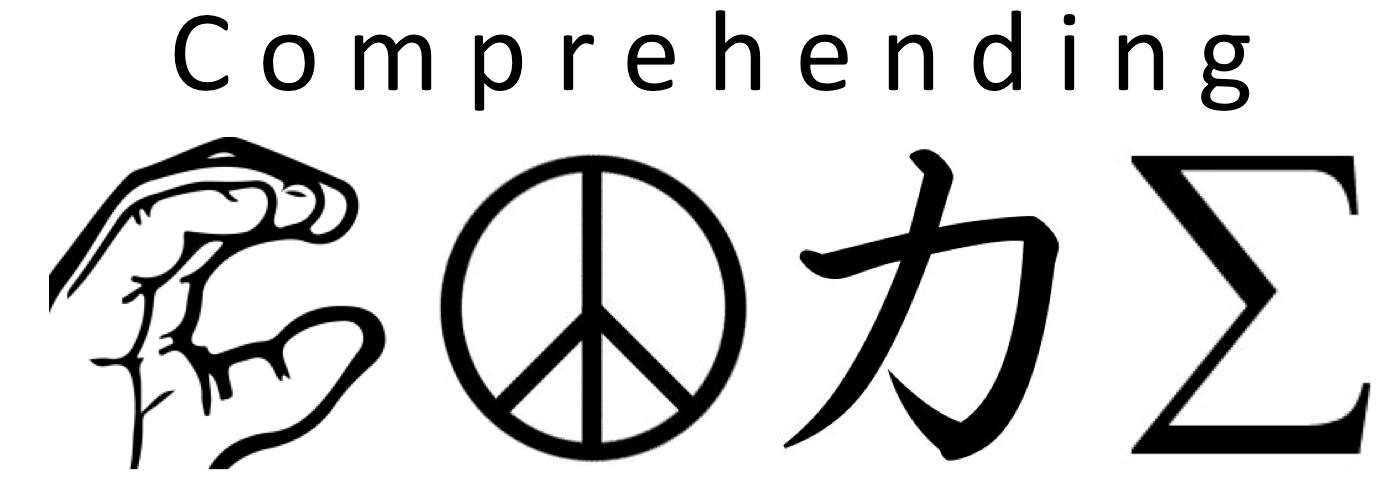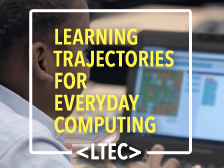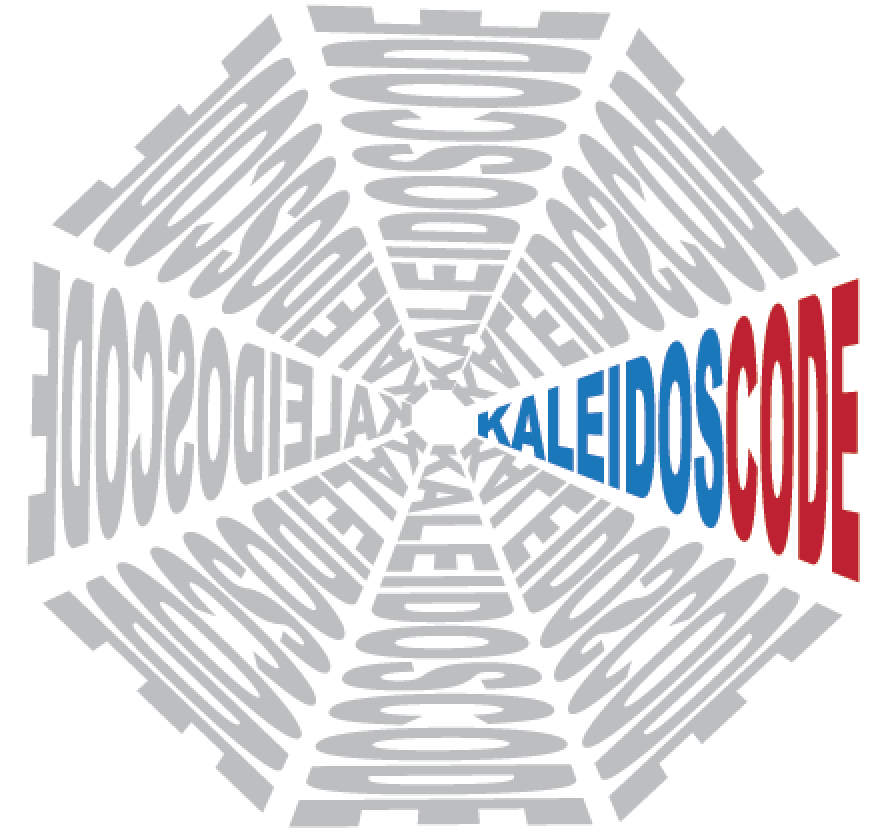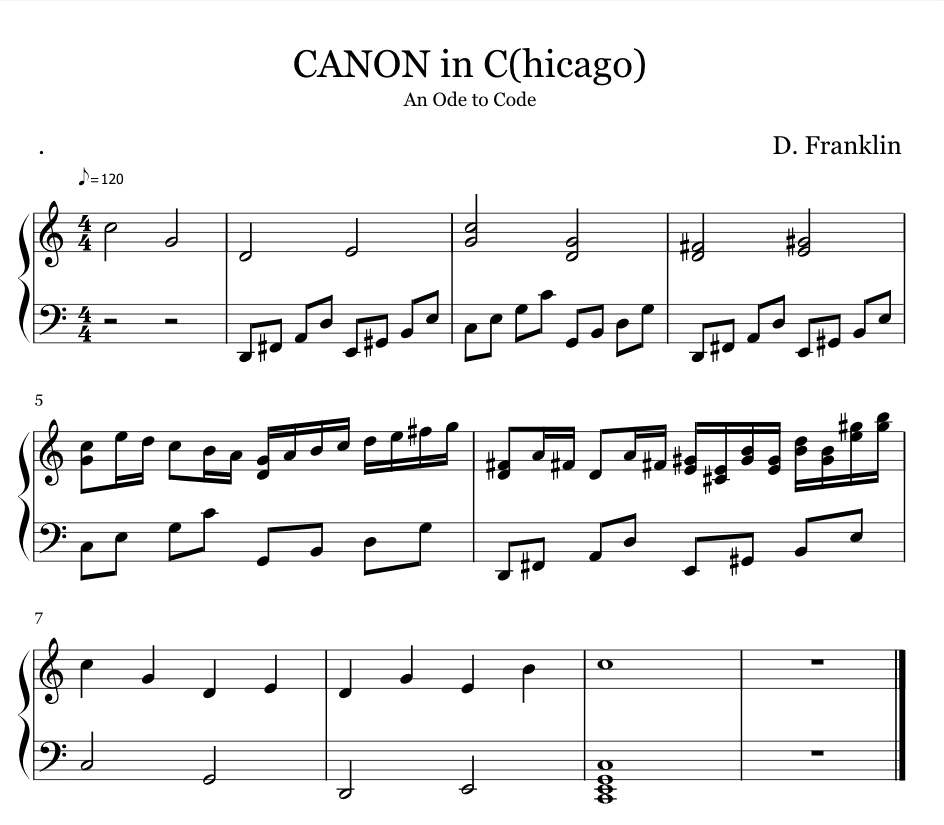CANON Research Lab
Welcome to the CANON lab. CANON (a musical term for a melody and variations with voices added gradually - such as Pachelbel's Canon - so named because of the synergies between this musical "roadmap" and combination of computational control instructions as well as a shared desire to balance structure and creative expression) focuses on researching innovations in computational thinking education at the elementary and middle school levels with a primary emphasis on equity and inclusion for all underrepresented populations - underrepresented ethnic minorities, females, and students with learning differences. Our philosophy is to, like a canon, accomplish this through a blend of structure and variation to balance concrete goals with encouraging creativity.





